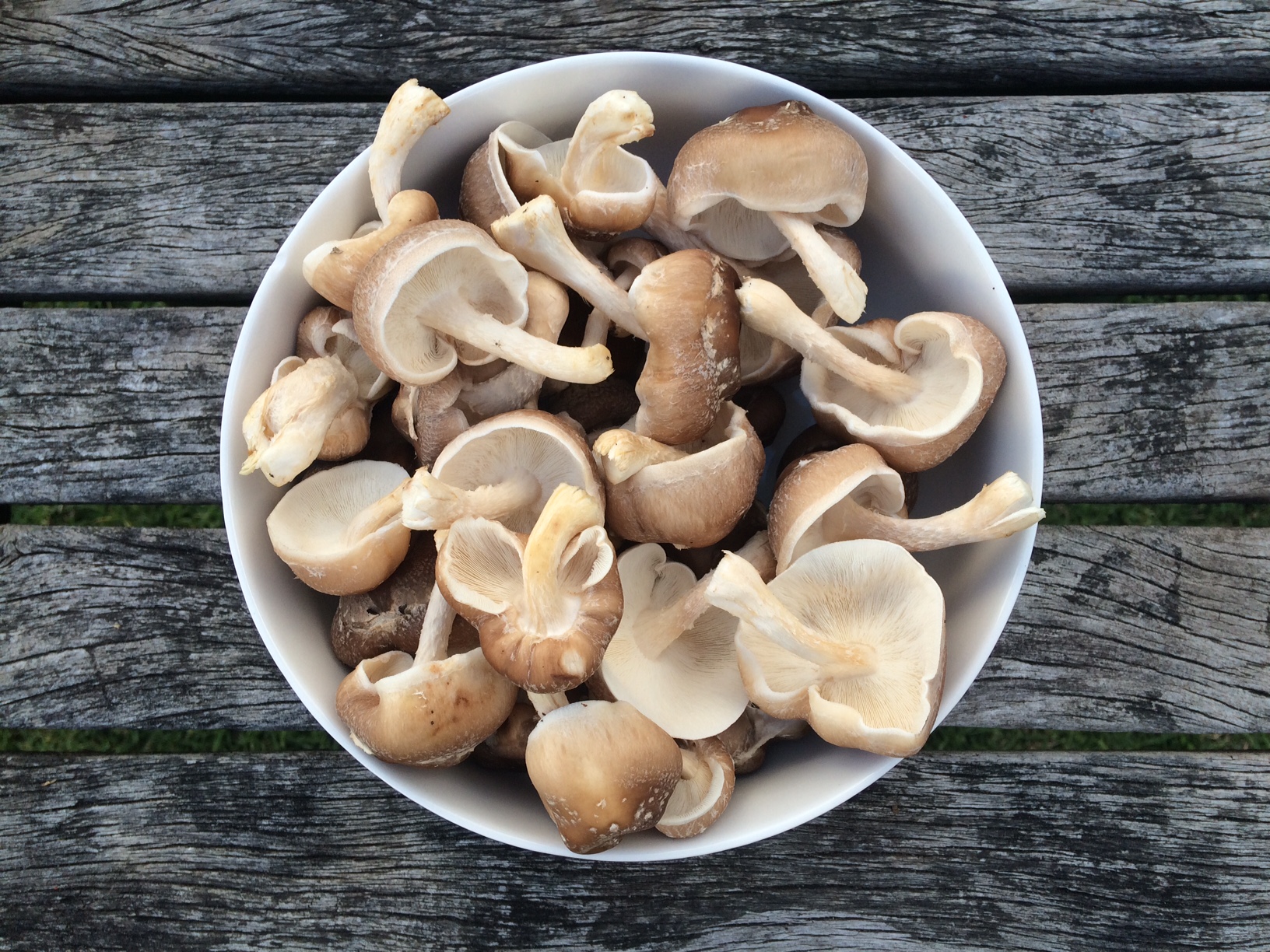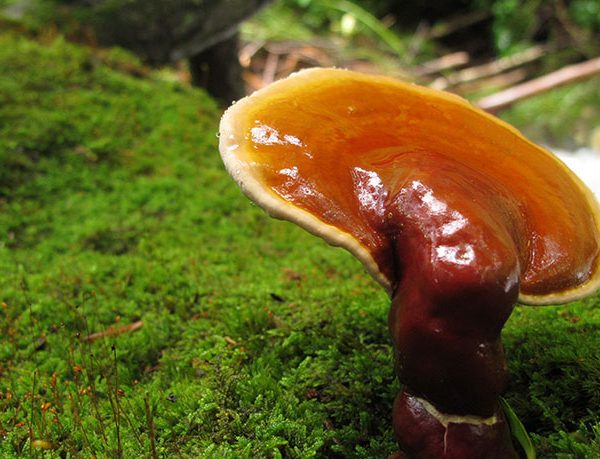Are Mushrooms the new Superfood?

Whilst historically, the Chinese have been using various types of mushrooms for 1000’s of years in all sorts of food and medicines, scientific research is now increasing to discover what makes them so good!
A recent study has emerged showing the potential neuro-protective and immune-modulating effects of mushrooms, possibly leading the way for research into treatment for conditions like dementia and Alzheimer’s (1).
A further study showed anti-oxidant, immune modulating, anti-cancer and anti-bacterial potential in the reishi mushroom (Ganoderma lucidum) (2).
So, whilst we aren’t talking about your supermarket button mushroom, some of these fungi’s are relatively easily to source and enjoy;

Ganoderma lucidum (Google images)
Reishi – can be soaked, dried and grilled or used in a tea or soup (Warning! Quite a strong flavour, so go easy on the amount!).
Oyster (Pleurotus ostreatus) – commonly found and used in soups, stir-fry and curries!
Lions Mane (Hericium erinaceus) – Great in a stir-fry or a soup.
Let’s make this clear, we don’t recommend scavaging the bush land to discover your local mushrooms, as you never know what you might find! But, we do suggest seeing what you can pick up from the local farmers markets and throwing some new varieties in your meals!
Who knows, maybe they aren’t just fun guys after all !!
References:
- Phan, C., David, P., & Sabaratnam, V. (2017). Edible and Medicinal Mushrooms: Emerging Brain Food for the Mitigation of Neurodegenerative Diseases. Journal Of Medicinal Food, 20(1), 1-10. http://dx.doi.org/10.1089/jmf.2016.3740
- Zhang, J., Li, Y., Zhou, T., Xu, D., Zhang, P., Li, S., & Li, H. (2016). Bioactivities and Health Benefits of Mushrooms Mainly from China. Molecules, 21(7), 938. http://dx.doi.org/10.3390/molecules21070938
Share This Article

Covid-19 Update
The team at Coastal Natural Therapies are still operating standard hours to the general public. With the unfortunate circumstances of Covid-19 Australia-wide, we have implemented stringent hygienic measures for the safety of our patients and staff. With the fluidity of the current situation, we are regularly keeping up to date with the Australian Government Department of Health recommendations.
Please stay home if unwell
In the consideration of our staff and other patients, if you're currently experiencing any signs of illness please cancel or reschedule your appointment. Please seek medical advise if your symptoms worsen. Please inform our team of any recent travels or if you have been in contact with any individuals whom have recently tested positive with Covid-19.
Please call us directly 07 5531 6461 for bookings and further information, particularly if you have any concerns.








